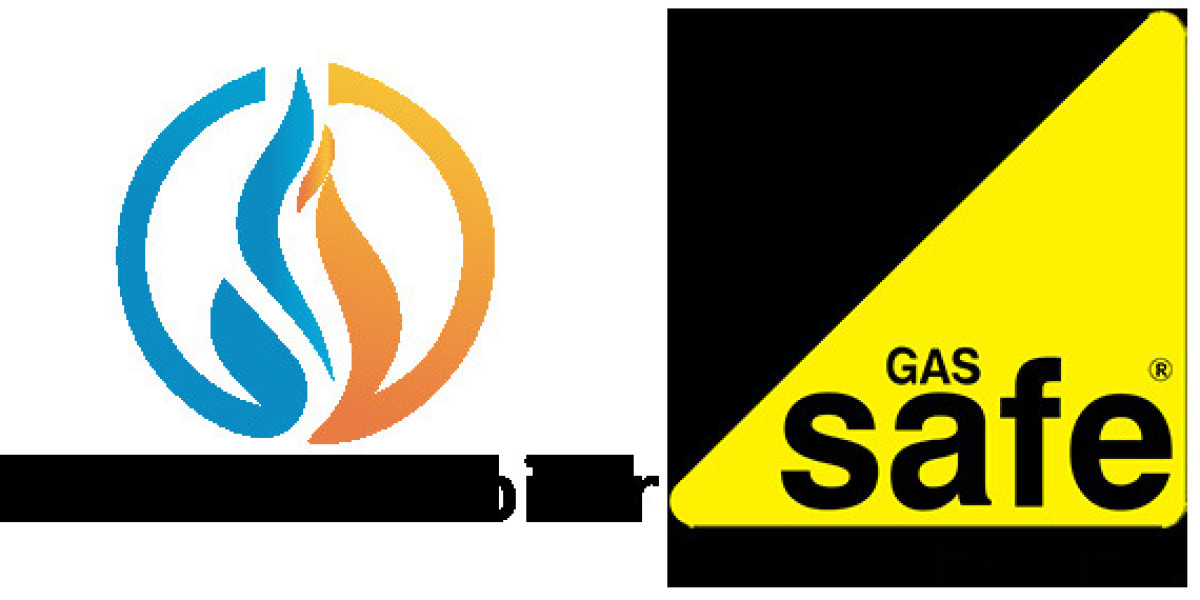An emergency gas leak can be a frightening and potentially hazardous situation, demanding immediate attention and action. Whether in your home or workplace, understanding how to respond to a gas leak is crucial to ensure the safety of everyone involved. This comprehensive guide will cover everything you need to know about emergency gas leaks, from identifying the signs to executing proper procedures and preventive measures.
Introduction
Gas leaks are emergencies that require swift and decisive action to prevent dangerous outcomes. Natural gas, while an essential utility, can pose significant risks if not managed properly. This guide aims to provide you with the knowledge and tools to handle a gas leak effectively, ensuring the safety of your family, employees, or anyone else present during such incidents.
Identifying an Emergency Gas Leak
Signs of a Gas Leak
Recognizing the signs of a gas leak is the first step in managing the emergency. Here are some common indicators:
- Smell: A distinct, pungent odor similar to rotten eggs.
- Sound: Hissing or whistling noises near gas lines or appliances.
- Visual: Bubbles in standing water, dust blowing from a hole in the ground, or visible damage to gas lines.
Health Symptoms of Exposure
Exposure to a gas leak can cause various health symptoms, including:
- Headaches
- Dizziness
- Nausea
- Shortness of breath
- Fatigue
Immediate Actions to Take During an Emergency Gas Leak
Evacuation Procedures
When a gas leak is detected, evacuate the area immediately. Avoid using electrical devices or phones that could spark an explosion. Ensure everyone moves to a safe distance away from the leak site.
Emergency Contacts
Call your local gas company or emergency services as soon as you are at a safe distance. Provide them with detailed information about the situation to facilitate a quick response.
Safety Measures to Prevent Gas Leaks
Regular Maintenance
Schedule regular inspections and maintenance of gas appliances and lines. This can help identify and fix potential issues before they become hazardous.
Installation of Gas Detectors
Installing gas detectors in key areas of your home or workplace can provide early warnings of leaks, allowing you to take prompt action.
Proper Ventilation
Ensure that areas where gas appliances are used are well-ventilated. Proper ventilation reduces the risk of gas accumulation, which can lead to dangerous situations.
Emergency Gas Leak Procedures for Different Settings
Home Environment
In a residential setting, ensure that all family members are aware of the gas shut-off valve's location and how to operate it. Create an emergency plan that includes evacuation routes and meeting points.
Workplace Environment
For workplaces, conduct regular safety drills and training sessions on handling gas leaks. Ensure that employees know the location of gas shut-off valves and emergency exits.
Handling Gas Leaks During Natural Disasters
Earthquakes
After an earthquake, inspect your gas lines for any signs of damage. Shut off the gas supply if you detect a leak and contact your gas company for further assistance.
Floods
Floods can damage gas lines and appliances, leading to leaks. Once it's safe to do so, inspect your property and contact professionals to assess and repair any gas-related damages.
Long-Term Solutions and Innovations
Smart Gas Leak Detectors
Advancements in technology have led to the development of smart gas leak detectors that can alert you via smartphone apps. These devices provide real-time monitoring and notifications, enhancing safety.
Automatic Gas Shut-Off Valves
Automatic shut-off valves can be installed to immediately stop the gas flow in the event of a significant leak, reducing the risk of explosions and fires.
FAQs
What should I do if I smell gas but can't find the source?
Immediately evacuate the area and contact your local gas company. Do not attempt to locate the leak yourself, as this could be dangerous.
Can a small gas leak be harmful?
Yes, even small gas leaks can be harmful due to the risk of fire and explosion, as well as potential health effects from prolonged exposure.
How often should gas appliances be inspected?
Gas appliances should be inspected annually by a qualified professional to ensure they are functioning correctly and safely.
Is it safe to use a phone during a gas leak?
No, using a phone or any electronic device during a gas leak can create a spark that might ignite the gas. Evacuate the area before making any calls.
What are the long-term health effects of gas leak exposure?
Long-term exposure to gas leaks can lead to respiratory issues, headaches, dizziness, and other health problems. Immediate action and professional inspection are crucial.
How can I ensure my gas detectors are functioning properly?
Regularly test your gas detectors according to the manufacturer's instructions and replace batteries as needed to ensure they are always operational.
Conclusion
An emergency gas leak is a serious situation that requires immediate attention and action. By understanding the signs of a gas leak, knowing the appropriate emergency procedures, and implementing preventive measures, you can protect yourself and others from potential harm. Stay informed, stay prepared, and prioritize safety in every aspect of gas usage in your home or workplace.



